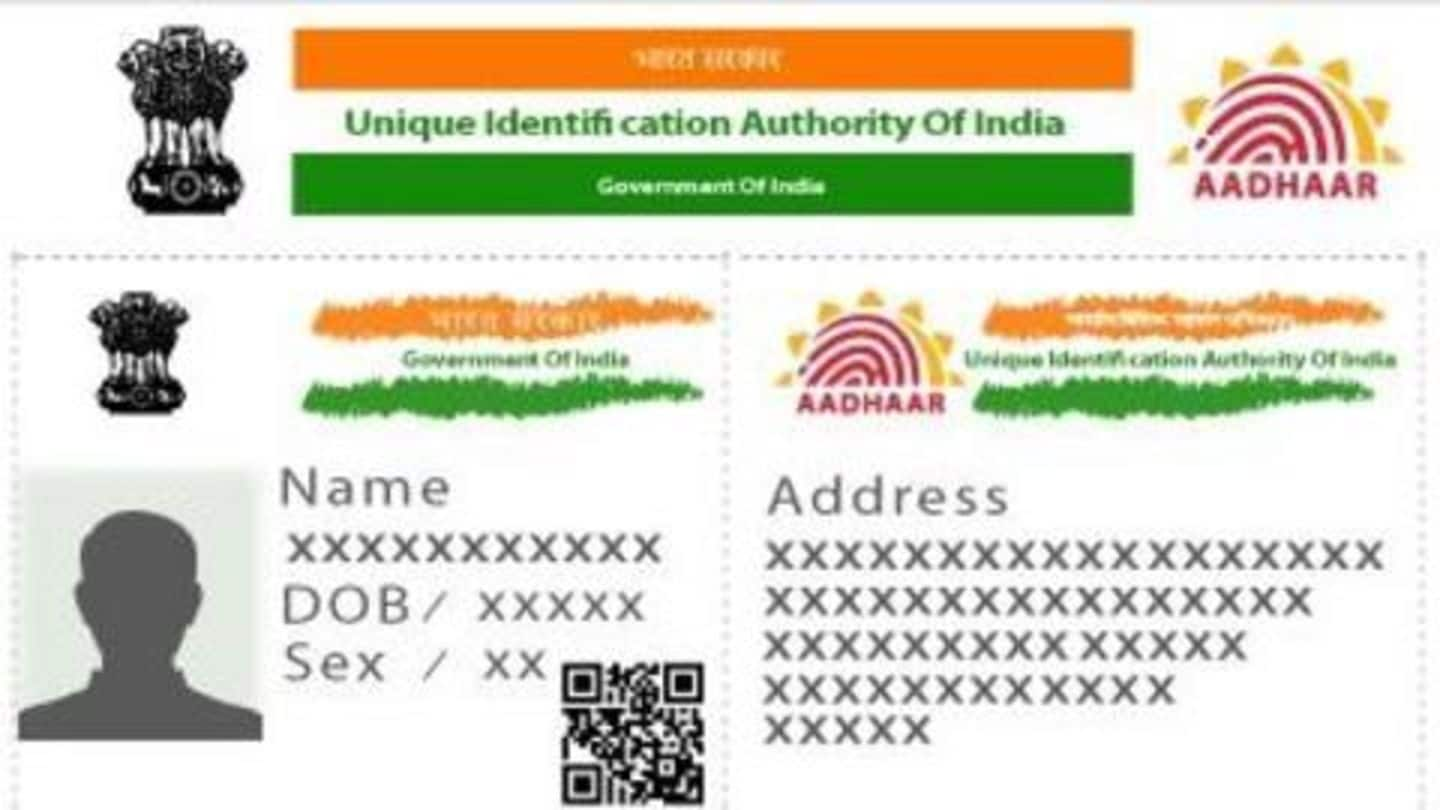
Here's how you can update Aadhaar address without valid address-proof
What's the story
With so many government welfare-schemes linked with Aadhaar, it is one of the most important documents you will ever hold. In case you have shifted to a new locality or state, and somehow do not have a valid proof of address, you can still update your Aadhaar registered address. Here's the full procedure and details.
Alternative
An Address validation letter can be used to update address
For such uses who do not hold a valid proof of address, the Unique Identification Authority of India (UIDAI) now allows the issuance of an Aadhaar validation letter to facilitate the required updation/changes. The service requires the user to get the consent of an address lender or verifier. Notably, family members, relatives, friends, and property landlord can serve as address verifiers.
Procedure
Step-by-step procedure
You can request an address validation letter online on the Aadhaar Self-Service Update Portal. After successfully placing the request, the said letter, containing a secret code, will be mailed to the given address. Once received, log in to your Aadhaar account on the UIDAI portal, and enter that code. Finally, update your address by entering required details, and uploading necessary documents.
Other updates
For updating other details, visit an Aadhaar enrolment center
Notably, the online Aadhaar Self-Service Update portal is for updating residential address only. For updating other information such as mobile number, name, DoB, you'll have to go offline. To do so, visit your nearest Aadhaar Enrolment Center, obtain and fill in the Aadhaar Update/Correction Form, and submit the same. You will have to submit an existing government ID proof, and verify your biometrics.
Aadhaar status
Clearing the air around Aadhaar status
Post the September 26, 2018 SC verdict relating to authentication of Aadhaar, there has been much confusion with respect to services where Aadhaar is necessary and where not. Aadhaar is no longer mandatory for services such as bank account, telecom services, and school admissions/entrance tests. However, it is still necessary for getting a PAN, filing I-T returns, and availing government welfare schemes.